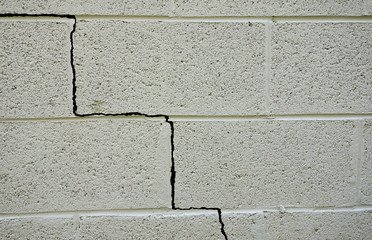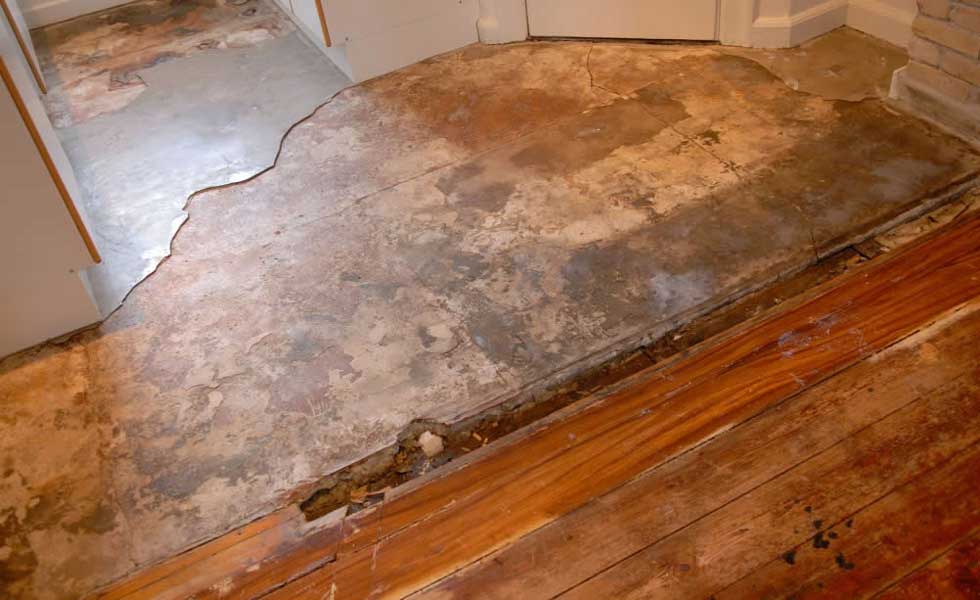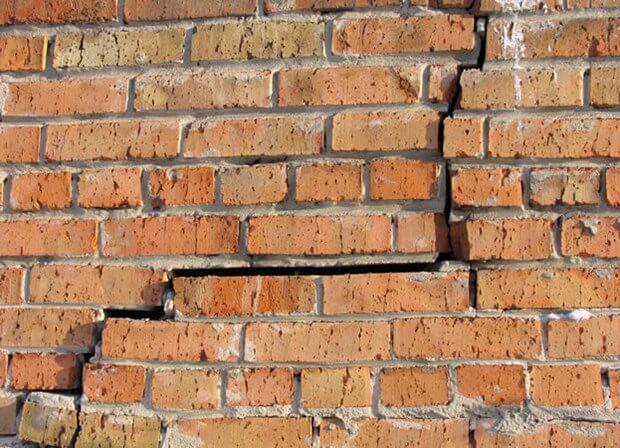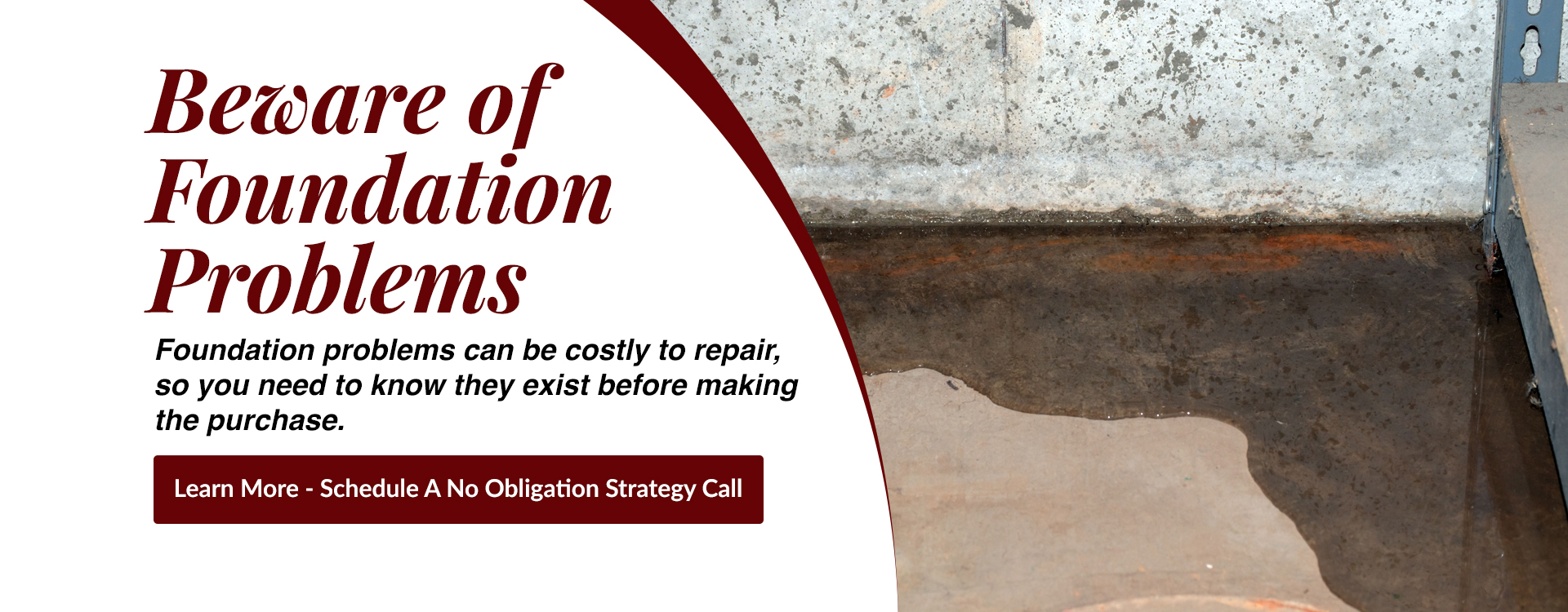
When buying a new home, chances are you spend a lot of time inspecting various aspects of the property. Before making an offer, be sure to take a closer look at one hidden area of the home: its foundation. Foundation problems can be costly to repair, so you need to know they exist before making the purchase.


A Door That Is Not Square
Often, signs of foundation problems are not at the foundation, but rather, higher in the home. For instance, when you close the front door to the home, it should be square to the door jam. If you notice that it is not, there has been movement on the frame. If you don't see a visible problem, open and close the door. Do you notice that it sticks, drags or does not close properly? This might mean that the foundation has shifted since the door and frame were added. Similarly, interior doors can show signs of problems. If any of the doors fail to close properly, then the house may have a foundation issue.

Cracks in Drywall
Carefully inspect the ceiling and walls, specifically around the corners and the corners of windows or doors. If you see cracks or drywall repair, then it may be a foundation issue. Not all cracks mean that the foundation is problematic, however, diagonal cracks from openings like windows and doors signify a problem.
Keep in mind that you may not be able to see these issues in newly painted homes. However, if the paint is at least six months old, then the issues will be visible, as the Bigger Pockets blog indicates.

Poor Drainage
Is water from the roof draining into the home's foundation? This is a recipe for disaster. This water can cause the soil around the foundation to swell, putting pressure on just parts of the foundation where the water runs into the soil. This can lead to damage. Unfortunately, by the time the damage is visible, it can be costly to repair, so look for drainage problems early.

Problems with Floors
While many foundation issues are revealed in the walls and doors, you can also see clues in the floors. Cracks, slopes and bulges in the floor can be an indicator of foundation settling. Most commonly, cracks in vinyl or ceramic tile placed over a concrete floor, like the floor of a basement, are signs of foundation problems. If these are extreme, then the home may have a serious foundation concern.

Foundation Separating from the Home
You may be thinking that you would notice if the foundation is settling away from the home, but you may not if the home has a lot of bushes and shrubs. Pull back bushes and shrubs to visually inspect the foundation of the home you are considering.

Windows That Stick
Windows can stick for a variety of reasons, including foundation issues. When inspecting a house you wish to purchase, open and close all of the windows. If you notice that some are sticking, dig a little deeper to see if the problem could be in the foundation.indow

Bricks or Siding
As you inspect the exterior of the home, carefully check the siding or bricks. If you notice that there are cracks or see spots where the bricks don't line up, then you should suspect foundation problems. Cracks in the foundation are a definite indicator of problems as well.

Weakness in Concrete
Finally, check the concrete around the foundation for chipping and flaking. Poke these areas using a screwdriver to see if they are soft. They should not be able to be damaged with this method. If you can damage the concrete, it may be deteriorating, which could lead to costly problems in the future. Deteriorating foundations have to be completely replaced, so you want to avoid this home.
Buying a home and discovering foundation problems later will mean costly repairs. If you notice a problem with the home's foundation, you may still be able to move forward with the purchase. Use the problem as an opportunity to negotiate for a lower purchase price, or ask the homeowner to make the repairs before you buy. The key is to understand exactly what you are buying before making a purchase.
Your Referrals Help Save Children From Cancer


If you have questions, please contact us:
Typically replies within 24 hours
Contact Us



You agree to receive property info, updates, and other resources via email, phone and/or text message. Your wireless carrier may impose charges for messages received. You may withdraw consent anytime. We take your privacy seriously.






